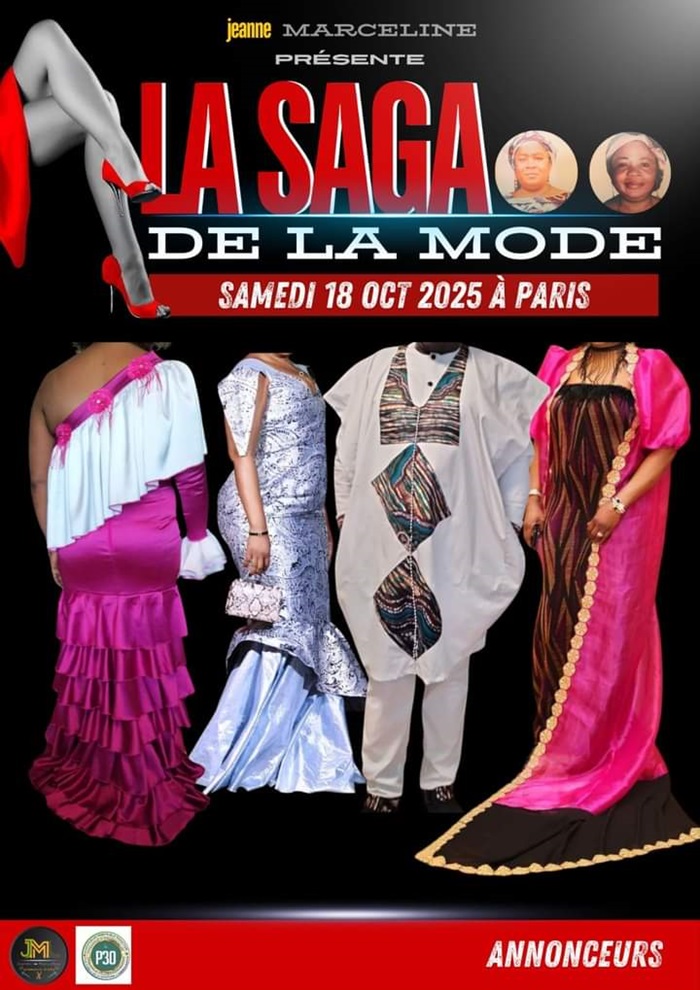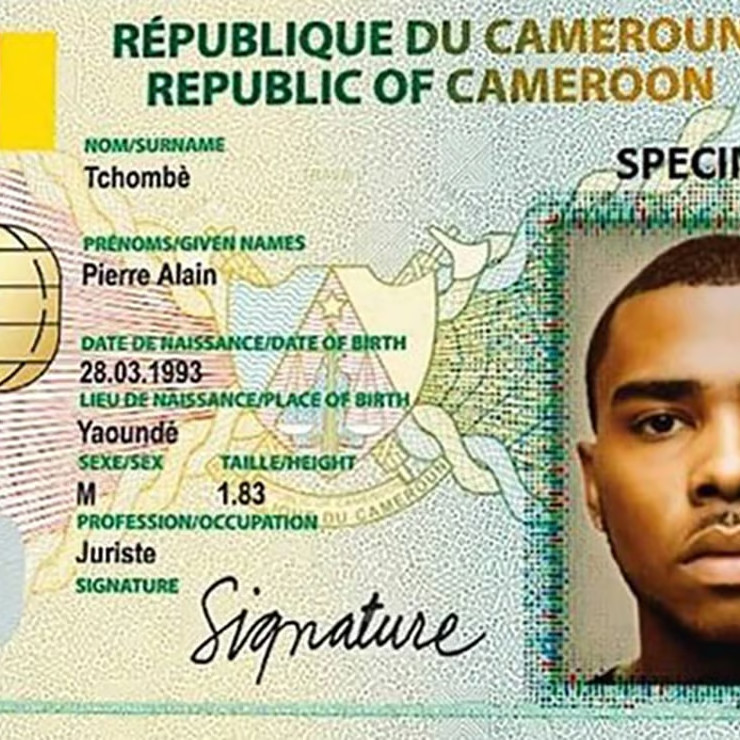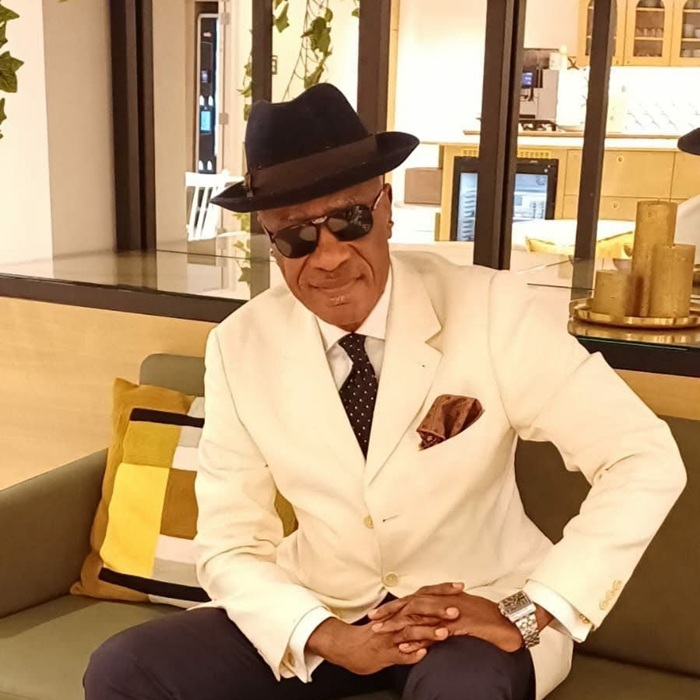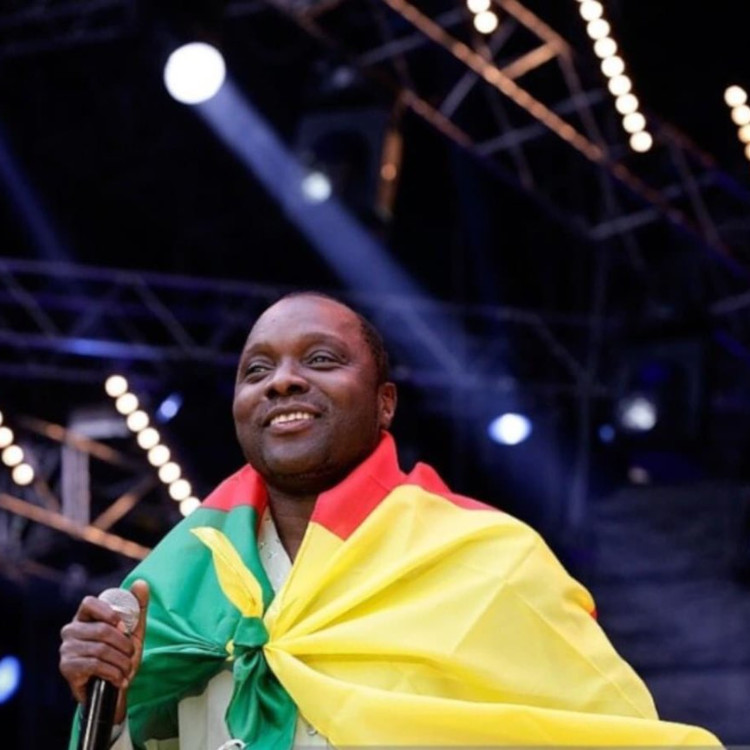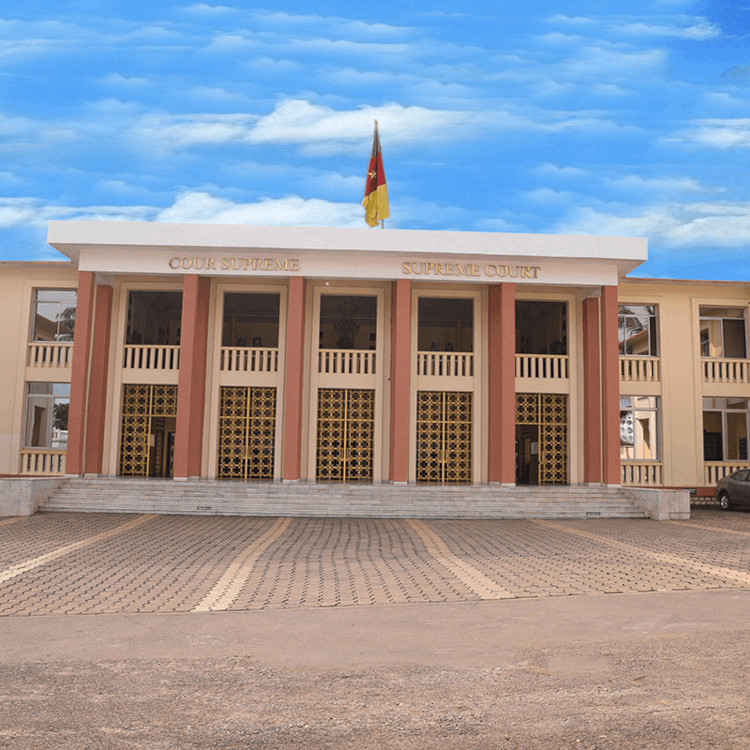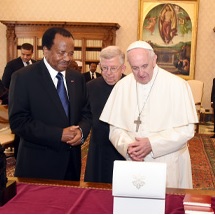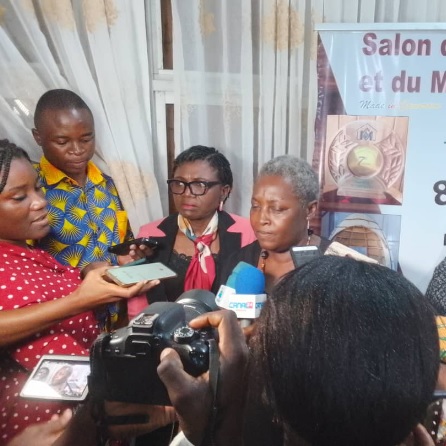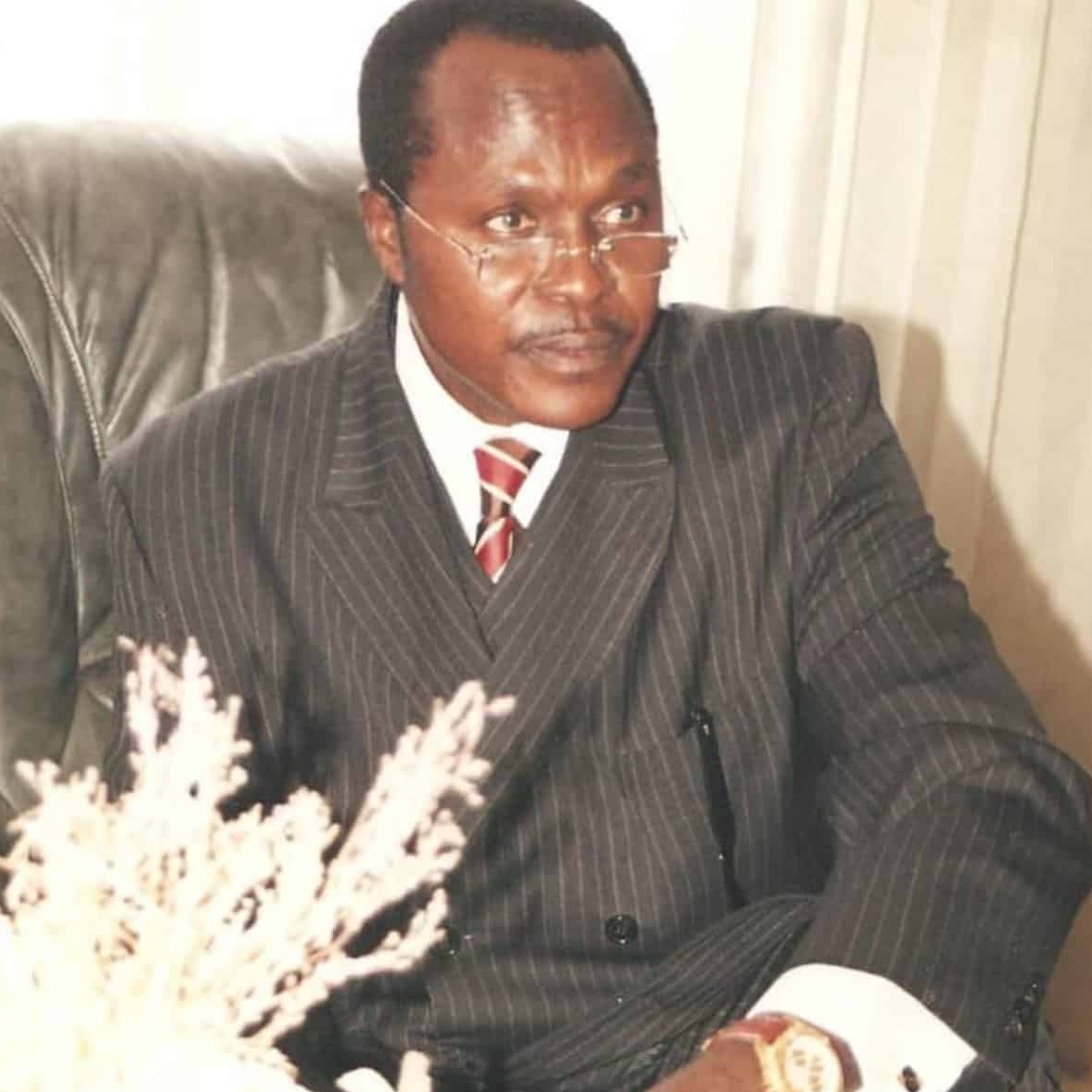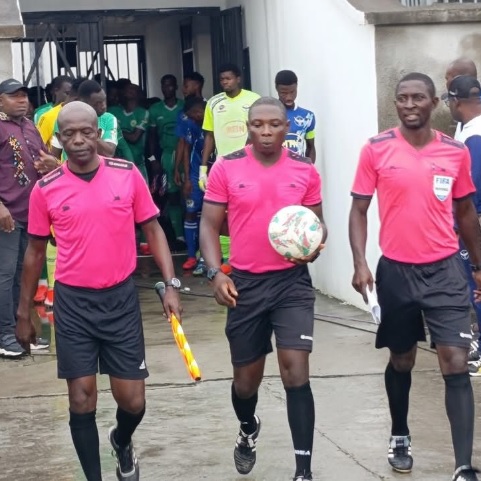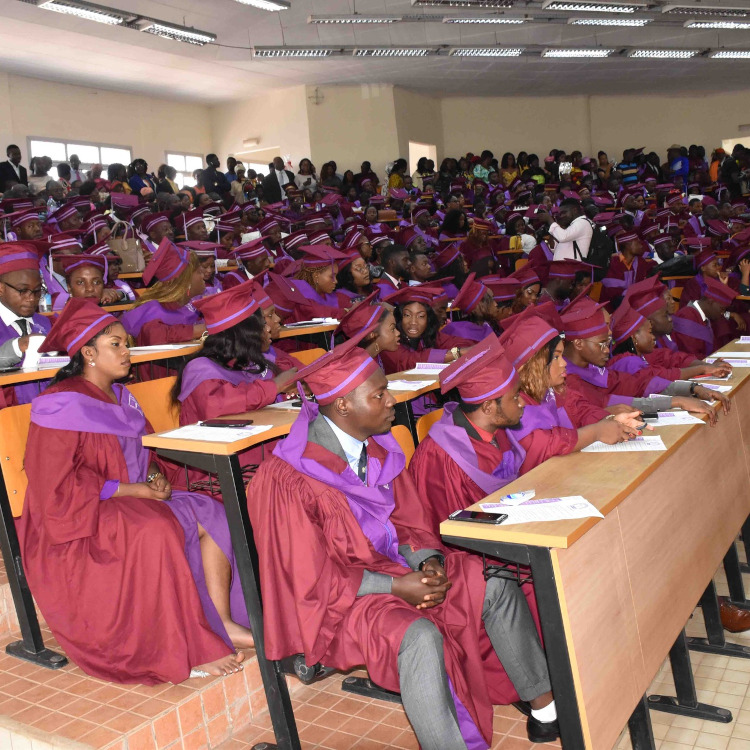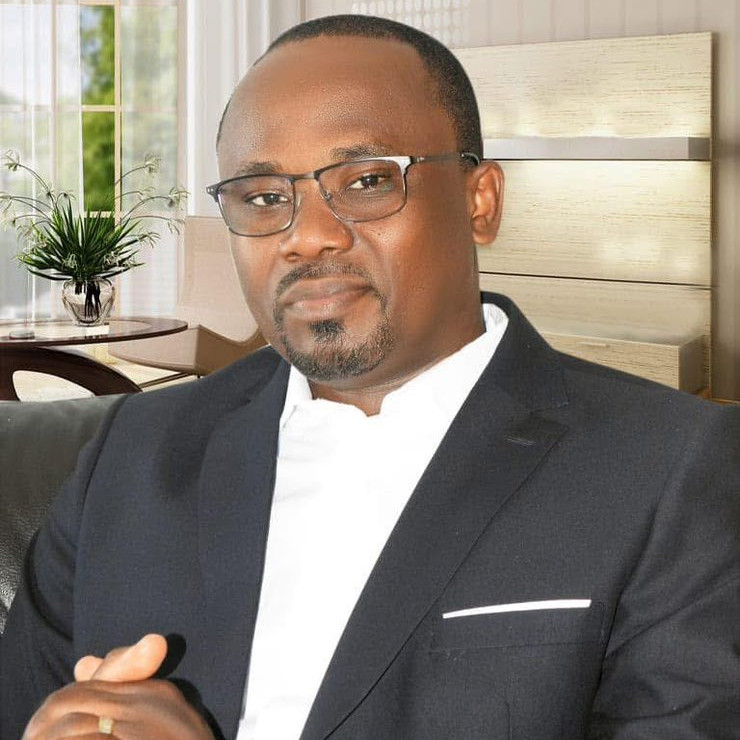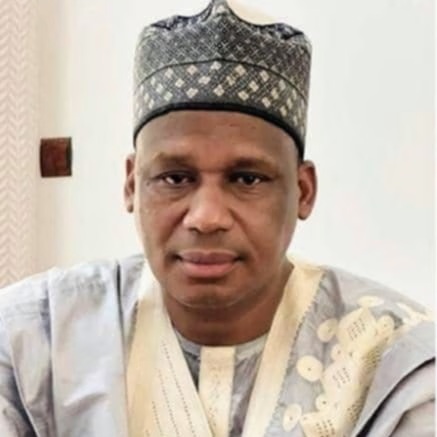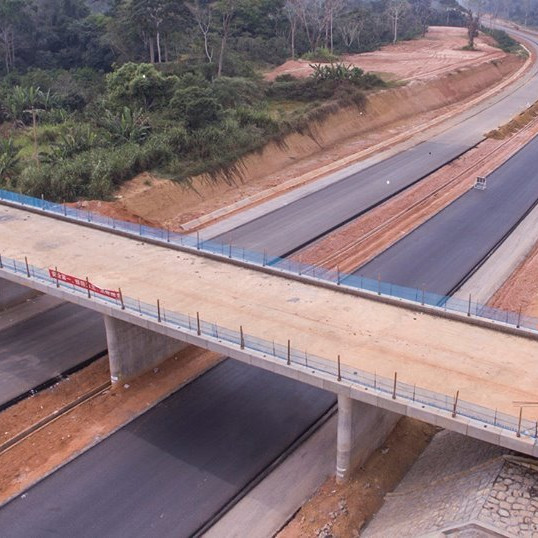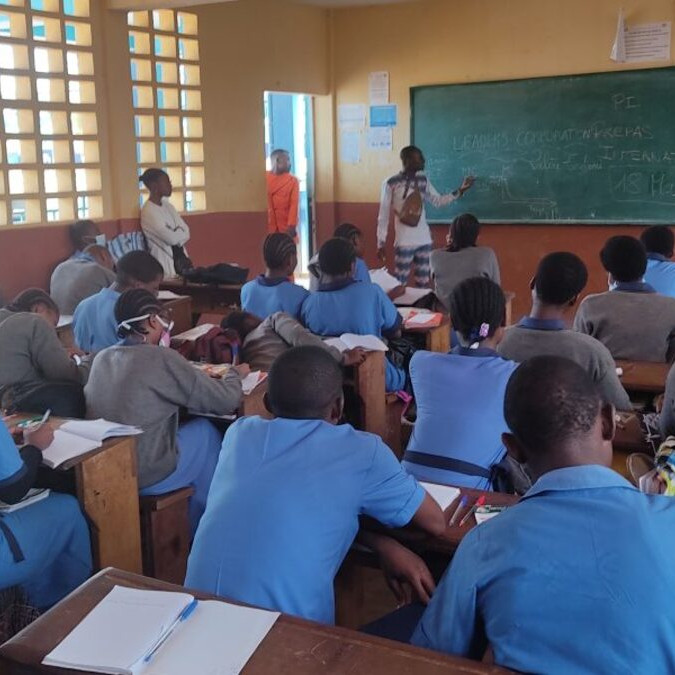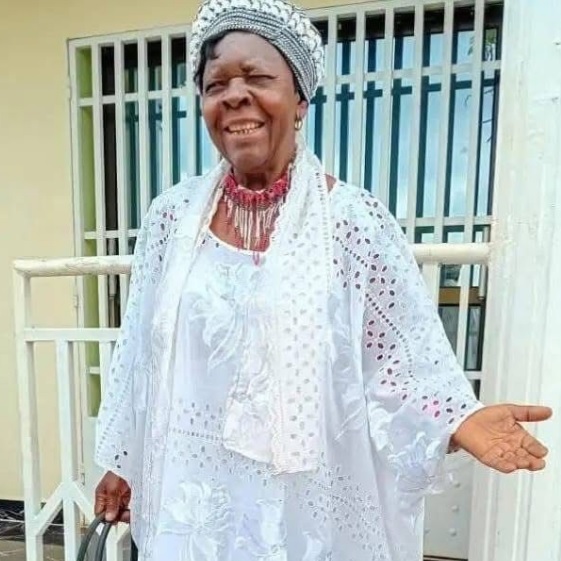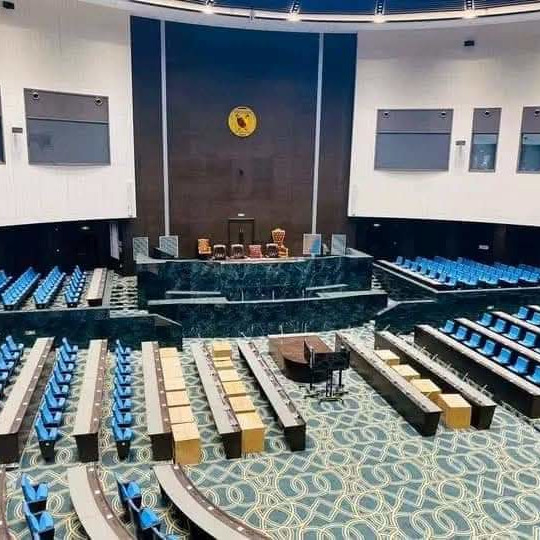

-
© Correspondance : Latifa Bieloe
- 28 May 2017 11:28:23
- |
- 8709
- |
BELGIQUE :: African Literature: Between Geniuses affluence and Criticism shortage :: BELGIUM
There is no doubt African Literature is experiencing an upgrading stage of its history, since its golden age in colonial years, or decades following the independances’ period. But to prevent this article from shifting into another debate, since some intellectuals are still convinced that there’s no African Literature, let’s just assume that there is a certain interest for Literature in Africa nowadays, a bit more than previously. At least this observation is not likely to provoke an argument.
This running decade is matter-of-factly seeing lots of initiatives in favor of liking reading and book promotion throughout the Black continent. Literary prizes, Book fairs, and other related events are implemented to see more Africans reading in the years to come. And fortunately, a new and fresh literature, daring, not to say non-conformist, is arising to satisfy some of the readers who are a bit tired with the old school literature.
Adaptability is the keyword; these words are also valid for nowadays Literature and especially African Literature. The contemporary author, when elaborating his work, ought to keep in mind that his potential reader will have the choice amongst his book and many other distractive funs, such as smartphones, movies, enjoying with friends or family, and only a good work, from an ingenious author, could deserve more attention. Africa is rich of such potentials. Fiston Mwanza Mujila and Eric Mendi, just to name two, have often been quoted for their lack of conformism, or even their rebel way of writing ; as a proof to what has been said above (“some readers are a bit tired with the old school literature”), this label has not prevented them from being internationnaly recognized as gifted writers.
Let’s now consider the role of literary critics, which is a very important one.
In the previous years money could simply make of you a masterpiece author in some countries of Africa. Since literary citics’ articles could be bought, a work could be declared a very good one in brilliant articles, whatever be its real merit. And some poor books have thus been quoted as references in academic works or seen themselves integrated the schools’ programs. Such methods are not to magnify African Literature. And readers in the long run would lose confidence in literary critics and African books, if such practices continue to prosper. Fortunately, some actors are aware of the problem and are taking good measures to stifle it, such as creating literary prizes with objective procedures, which stand for kind of geniuses finder (The Grand Prix of Literary Associations, created in Cameroon in 2013, is a very good example that can be mentioned here). Such initiatives can certainly help cleaning up the environment and they should be encouraged, but still, they cannot pretend to fulfill the mission of literary critics, which is a very special one.
Literature needs Criticism like a society needs Literature. Critics are the ones who lead the literature scene, find out gifted authors, scent new tendencies, try to understand their origin or suppose them precursors. More African literary critics are still nostalgic of the past, meanwhile the African literature is moving forward to many ways. This is a modest plea calling for African intellectuals who are skilled enough to immortalize the current African Literature evolution. Otherwise, this would be done by others, and assuredly at their convenience.
Translated from the French original article (La littérature africaine ne manque pas de génies mais de critiques), on Africultures.com
Lire aussi dans la rubrique SOCIETE
Les + récents
Le nouveau siège de l’Assemblée nationale baptisé « Palais de Verre Paul Biya »
QUAND UNE PHOTO DEVIENT UNE MENACE : TENSIONS ENTRE MARLENE EMVOUTOU ET SAMUEL ETO’O
Suspension des stages militaires en Europe et aux États-Unis face aux désertions
Escroquerie à un faux visa Canada : un Camerounais de Quévy devant la justice belge
Joyeux Anniversaire à Cypi Umande : Un Pilier de la Culture Congolaise
SOCIETE :: les + lus



Etudier en Belgique: Voici ce qui change au 1er avril 2018
- 30 March 2018
- /
- 34402


Les secrets du terroriste Abaaoud révélés par les services américains
- 23 November 2015
- /
- 29308
LE DéBAT




Afrique : Quel droit à l'image pour les défunts au Cameroun ?
- 17 December 2017
- /
- 196233

Vidéo de la semaine
évènement
